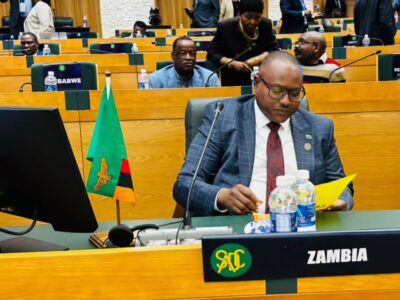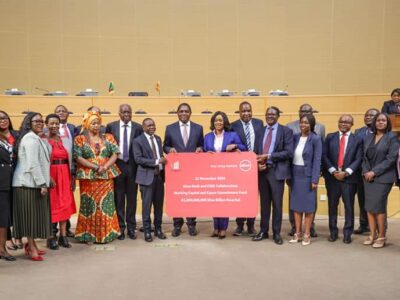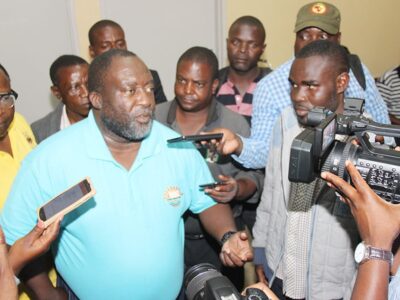Police in Lusaka have arrested Socialist Party president, Fred M’membe, on a case relating to alleged Cyber Crime.
M’membe was on Tuesday interrogated at Police Headquarters by the Cyber Crimes Unit with regards to a case of cyber crimes.
He was escorted by cadres who were chanting slogans of high mealie meal prices and shrinking democratic space.
The Socialist Party leader was later taken to Woodlands Police Station for further interrogations.
M’membe had critiqued the rising state surveillance, which was partly being enabled by the digital technologies, undermining digital rights and hindering people’s willingness to meaningfully participate in their country’s democratic processes.
“One of the “democratising effects” of the internet was that it had provided a safe and alternative engagement platform that could help circumvent and diminish the repressive state’s control over the means of communication, thereby enabling greater organising and expression of dissenting opinions,” he said.
M’membe said autocrats, however, had appropriated the power of digital technologies to stifle dissent and to ramp up their capabilities to snoop on, punish, and silence critical and dissenting forces.
He said surveillance was increasingly becoming a principal threat to citizen’s digital rights, a weakening force to civil society and independent voices, and ultimately a driver of authoritarianism.
“Digital surveillance is expanding in scope, with spyware as well as social media monitoring, mobile phone location tracking, and the hacking of mobile phones, messaging, and email applications being deployed,” M’membe said.
He said the abuse of surveillance is rife, with high levels of impunity for rights violations and a low level of accountability for the actions of the government and its institutions.

M’membe had also noted that not only had surveillance become commonplace but the right to communicate anonymously in digital spaces has been profoundly eroded through mandatory SIM card registration.
“Government critics, including leading opposition leaders, human rights defenders and activists who do human rights and governance work, as well as investigative journalists, remain prominent targets of state surveillance,” he said.
WARNING! All rights reserved. This material, and other digital content on this website, may not be reproduced, published, broadcast, rewritten or redistributed in whole or in part without prior express permission from ZAMBIA MONITOR












Comments